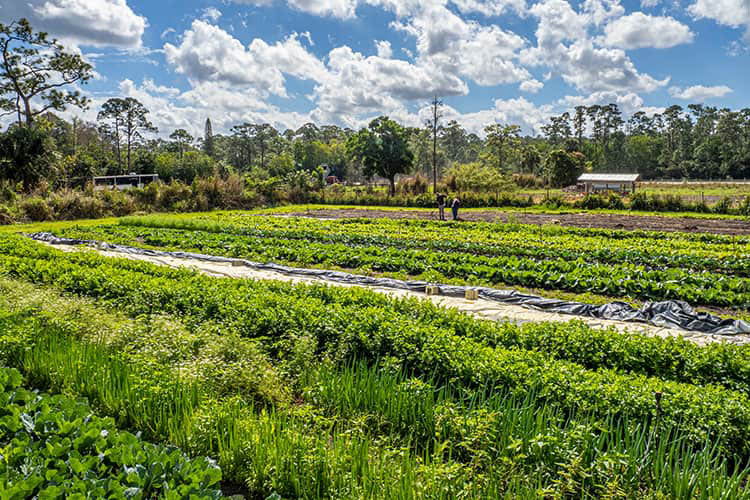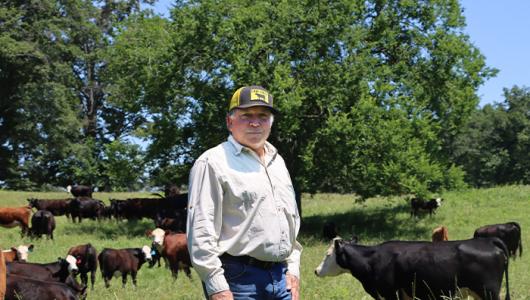Effective beginning 5/20/2025: Please note this site is under review and content may change.
Our nation’s farmers, ranchers, and forest owners have long been stewards of our lands and natural resources. Today, on Earth Day, we re-affirm USDA’s commitment to support and partner with you in building resilient agricultural and forest systems to feed our communities and play a critical role in carbon sequestration and addressing climate change.
The theme of this year’s Earth Day is “Restore Our Earth,” a need you are experiencing firsthand. Producers in nearly every state and U.S. territory were impacted by disaster events in 2020. USDA offers a suite of disaster programs to help with preparation and recovery from such events. As the impacts of climate change intensify, it is increasingly urgent to ensure that you have the tools you need to build resilience to flooding, drought, wildfire, and other climate-related impacts. Furthermore, producers and foresters are a key component to mitigating the impact of climate change. We are here to partner with you through USDA’s voluntary programs to implement conservation practices that sequester carbon to bolster the U.S. carbon sink, reduce greenhouse gas emissions, improve water quality, and increase the resilience to agricultural operations over time.

USDA’s existing programs provide many of the tools to support and partner with producers for climate resilience. The Farm Service Agency’s Conservation Reserve Program provides incentives to keep conservation cover on sensitive lands, supporting a whole host of environmental benefits, including building soil health and carbon sequestration. The Natural Resources Conservation Service offers conservation programs with a suite of voluntary practices to help you build healthier soils, improve nutrient stewardship, sustainably manage livestock, increase energy efficiency, or pursue private forest growth and retention. The Risk Management Agency administers Federal crop insurance to provide a robust and reliable farm safety net for your operation, helping you recover when natural disaster events occur and providing financial stability to pursue the long-term investments needed to adapt to changes in climate.
Whether you manage less than one acre or over 10,000, we are here to work with you to leverage the leading science, research, and conservation tools to strengthen your operation while supporting clean air, water, land, and communities. I encourage you to contact your local USDA Service Center to discuss your conservation and risk management goals for your working land. Visit farmers.gov to learn more about the tools, programs, and services we currently offer, including our Conservation Concerns Tool and Conservation at Work Video Series. By working together we will indeed reduce the impacts of climate change, build climate resiliency, and ultimately restore our Earth.
Gloria Montaño Greene is the Deputy Under Secretary for USDA’s Farm Production and Conservation mission area.


